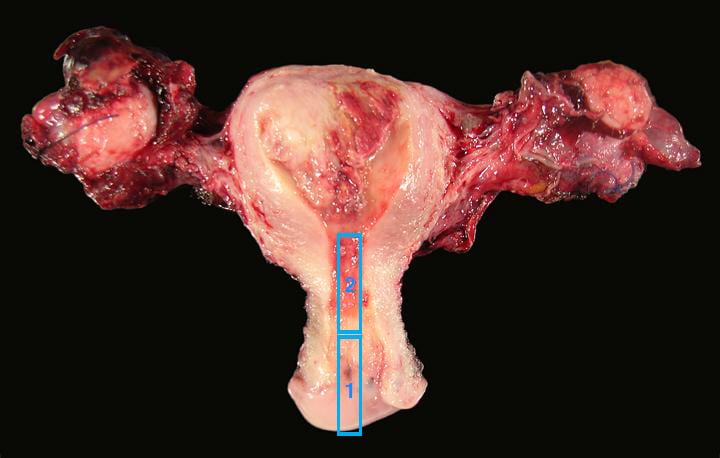The MRKH syndrome: The absence of Vagina and Uterus

The Mayer-Rokitansky-Küster-Hauser (MRKH) syndrome primarily affects the reproductive system of females. Although external genitalia is normal, the vagina and uterus are underdeveloped or absent due to this condition. Due to the absence of a uterus, affected individuals typically lack menstrual periods. Typically, the first noticeable sign of MRKH syndrome is the absence of menstruation by age 16 (primary amenorrhea). Individuals with MRKH syndrome have female chromosomes (46, XX) and ovaries that function normally. Additionally, their breast and pubic hair development are normal. Although people with this condition are typically unable to carry a pregnancy, assisted reproduction may allow them to have children..
eye
bone
mental
cells
aneurysm
fitness
symptoms
disorders
disease
disorder
sleep
health
infection
foods
pregnancy
neutrinos
heart
diet
brain
skin
use
lungs
blood
body
women's health
beauty
gland
flexitarian
syndrome
diabetes
weight
thyroid
acute
depression
smoking
virus
foot
men's health
child's health
cancer

